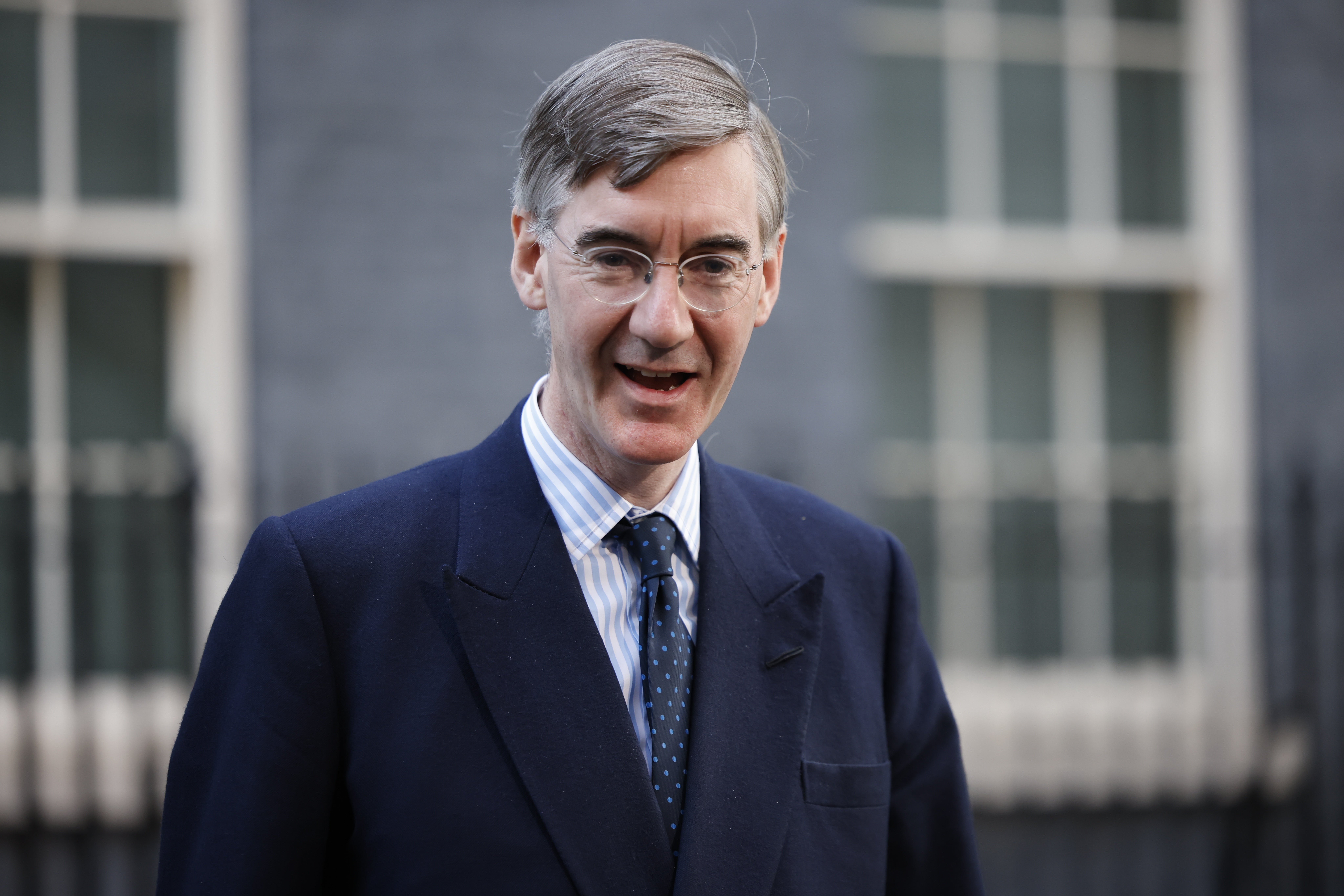Jacob Rees-Mogg take note: You don’t understand women
Letters to the editor: our readers share their views. Please send your letters to letters@independent.co.uk

Jacob Rees-Mogg stated: “The extraordinarily high number of babies that are destroyed is something that should sadden us all to the depths of our souls” – and for very many it does.
For the majority, a similar sadness obtains at the extraordinarily high number of victims brutalised by rape and incest and suffering a consequent and unchosen pregnancy. They did not volunteer for their experience or their resultant condition but they, and where competent, they alone have the right to choose their course of action.
Their circumstance is a physically impossible experience for Mr Rees-Mogg, and calls for a measure of empathy and understanding beyond the statement: “I do not believe that we should say that a new life should be destroyed. I do not believe that that is the right of the state”.
It is not “the right of the state” to decide. It is the duty of the state to legislate for the victim’s freedom to choose, and to facilitate the choice made.
David Nelmes
Newport
Close to godliness
To state, as yesterday’s Independent leader does, that the United Kingdom is becoming a more godless place, is surely inaccurate.
Those who believe in God will assert that he was and still is ubiquitous. Those who don’t believe in God will say she was never there in the first place. The status quo persists.
Nick Donnelly
Dorset
To keep up to speed with all the latest opinions and comment, sign up to our free weekly Voices Dispatches newsletter by clicking here
We must get serious on microplastics
This week negotiators from governments across the world have descended on the city of Punta del Este on Uruguay’s southeast coast. This week sees the official start of negotiations on the detail of a global plastics treaty.
The first Intergovernmental Negotiating Committee session could not come at a more vital time. Last month a report by the Ellen MacArthur Foundation revealed some of the world’s largest food and drink companies will almost certainly miss their voluntary target to completely implement reusable, recyclable, or compostable packaging by 2025.
And despite an alphabet soup of voluntary agreements, the OECD forecasts global plastic waste is set to triple by 2060.
This increased exposure to plastic waste is particularly concerning given microplastic particles were recently discovered in human blood for the first time. A study commissioned by Common Seas found nearly 80 per cent of the UK trial group had tested positive.
The plastic particles, which contain chemicals harmful to humans, can travel through our membranes and may even lodge in organs. Yet there is almost no research on the short-and-long-term consequences on human health.
Almost 100,000 people have signed a petition calling on governments to urgently fund this new research – including a new National Plastic Health Impact Research Fund in the UK.
Now more than ever before, governments must get serious on the health impact of microplastics.
Jo Royle, CEO, Common Seas
Christian decline
I wonder if one of the causes of the decline in Christian observance currently reported is the way the churches treat their staff? Just recently I felt obliged to resign from the ministry after being treated badly.
It is only recently that clergy have made some headway in being treated as employees, with the same rights as any other worker would enjoy. If the workforce become discontented, no religion is likely to last long.
Andrew McLuskey
Ashford
What is happening to practising Christians?
Yesterday’s headline that the number of people in the UK who call themselves Christian is declining is hardly news. Most people in the UK who identify as Christian are using the term loosely to express something of their heritage and culture and neither understand nor practice the faith. As society becomes more secular this number will inevitably decrease.
The interesting thing would be to know what is happening to the number of practising Christians. Here I suspect the story is very different. The church I am part of has seen growth rather than a decline in its numbers and there are many vibrant Christian churches around the country that are packed out on a Sunday and busy in the community during the week. Not what the secularists want to hear!
Andy Brown
Derby
Will our support be enough for Ukraine?
I am a second year undergraduate student at Newcastle University.
In response to Nick Perry’s article (Finland says it must ensure Ukraine wins war against Russia, 30/11/2022) it is clear other countries, like Finland, are prepared to help Ukraine in this devastating time, displaying the power states have.
While Russia is doing everything in its power to exert sovereignty, other countries are coming to Ukraine’s support, believing Russia should be sanctioned harder.
The question is, what is the extent of the support that can be given from other countries, and will it be enough for Ukraine? Is Russia too powerful and terrifying as a state? Ultimately are we going to see a state that is so powerful it dominates?
Scarlett Middleton
Human geography student at Newcastle University






Join our commenting forum
Join thought-provoking conversations, follow other Independent readers and see their replies
Comments